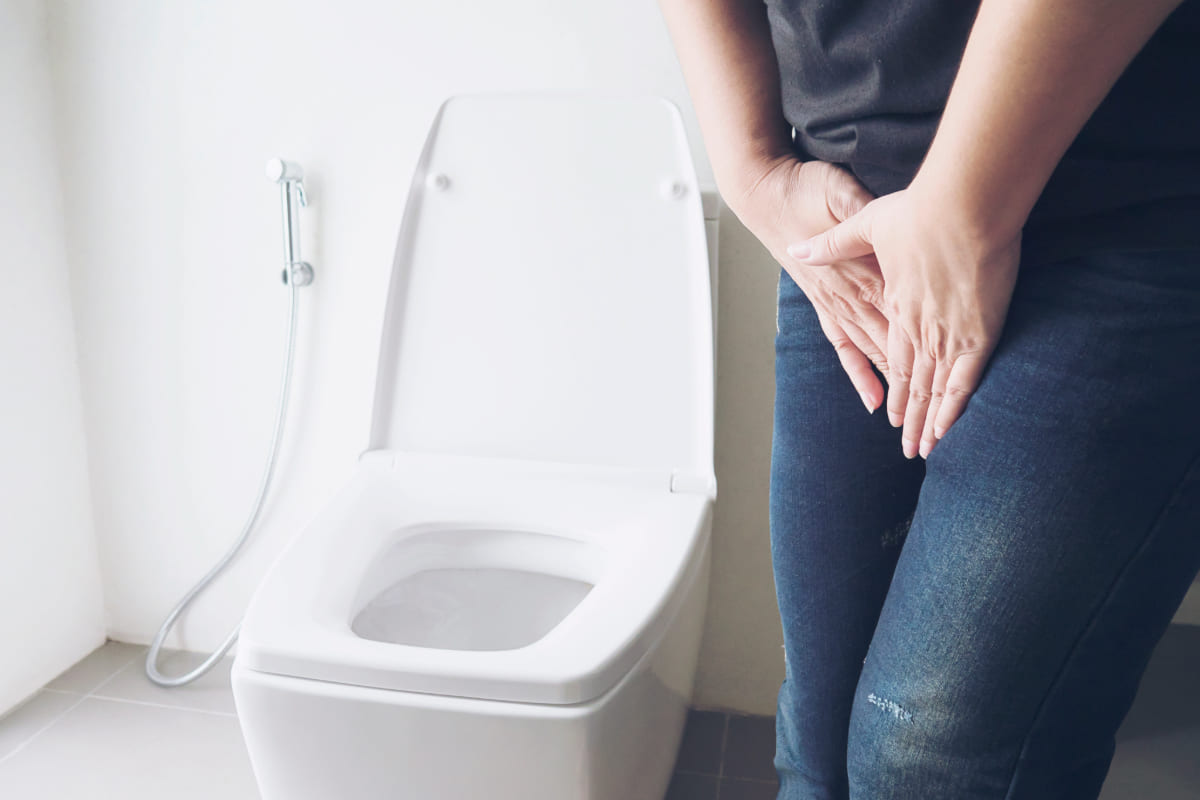Whether you’ve been trying for months or this came as a surprise, discovering you’re pregnant is a major moment. The early weeks can be full of questions—especially if you’re not sure what’s “normal.” The first trimester covers the first 12 weeks, and while it might not show on the exterior just yet; significant events are taking place in the background.
Let’s explore what you could encounter during this period, particularly the initial indicators and bodily changes you should prepare for.
What’s Actually Going On in the First Trimester?

The countdown begins from the first day of your last period—even though you didn’t conceive until about two weeks later. From that point, your body starts shifting gears quickly. Hormones like progesterone and hCG surge, and your uterus begins preparing to support your growing baby.
By the end of week 12, your baby will have tiny organs, a beating heart, and developing limbs. Meanwhile, you might feel like you’re riding an emotional and physical rollercoaster—and that’s completely okay.
The Early Signs: What You Might Notice
Everyone experiences pregnancy differently, but many women feel at least a few of the symptoms below during the first trimester. You might recognize these changes early, or they could sneak up on you a few weeks in.
1. You’re Exhausted for No Reason
One of the earliest clues? You feel like you’ve run a marathon just from getting out of bed. That’s your body burning energy to grow the placenta and support early development. Fatigue can hit hard—so rest when you need to.
2. Morning Sickness (Or All-Day Nausea)

Nausea often starts around week 6. Some women only feel a little queasy; others have trouble keeping food down. It also doesn’t always happen in the morning.
Try crackers, ginger tea, or eating small meals often to ease the worst of it.
3. Your Breasts Might Feel Different

They may feel sore, tingly, fuller, or even a bit heavier. This change is part of your body getting ready to eventually breastfeed, even though that’s months away.
4. Suddenly, You’re Peeing All the Time
 `
`
More toilet breaks result from increased blood flow and a developing uterus pressing on your bladder.
It’s annoying, but totally expected.
5. Mood Swings and Big Feelings

Thanks to hormonal shifts and the sheer emotional weight of pregnancy, you might feel extra sensitive. One moment you’re thrilled, the next you’re weepy—and that’s perfectly okay.
6. Strange Cravings or Aversions

Things you used to love might suddenly turn your stomach, while you may crave odd combos like pickles and peanut butter. As long as you’re eating a healthy variety overall, listen to your cravings in moderation.
7. Mild Spotting or Cramping

A little spotting or mild cramping around the time your period was due is often just implantation. It’s usually not a concern unless it’s heavy or painful—then it’s worth a call to your provider.
Emotional & Physical Shifts You May Not Expect

Pregnancy isn’t just about the big symptoms. Many women also deal with things like:
- Bloating
- Constipation
- Heightened sense of smell
- Excess saliva
And emotionally? It’s a lot. You may feel incredibly connected to the idea of being a parent—or like it hasn’t really hit you yet. Both responses are valid. Everyone processes this differently.
When Should You See a Doctor?
Most doctors advise scheduling your first prenatal appointment between weeks 8 and 10. At this appointment, you might get a blood test, a physical exam, and sometimes an early ultrasound. It’s also a good time to ask questions and get advice on things like diet, exercise, and supplements.
If you notice symptoms like:
- Heavy bleeding
- Severe abdominal pain
- Dizziness or fainting
- High fever
don’t wait—call your doctor right away. Follow your gut if something doesn’t feel right.
Simple Tips for Easing the Transition
The first trimester can be rough, but there are some easy ways to care for your body and mind:
Hydrate often – Dehydration can make fatigue and nausea worse.
Snack smart – Light meals with protein or complex carbs can help keep your energy steady.
Get enough rest – Your body is working overtime, so don’t feel guilty about napping.
Try light movement – A short walk or prenatal yoga session can work wonders.
Take your prenatal vitamin – Especially one with folic acid, iron, and DHA.
Talk it out – Whether it’s a partner, friend, or therapist, sharing what you’re feeling can help.
Final Words: Every Pregnancy Has Its Own Path
The early weeks of pregnancy can be strange, wonderful, and hard—all at once. Some days you might feel totally in tune with your body, while other days you’ll just want to sleep through the nausea. That’s all part of it.
What matters most is taking care of yourself and being kind to your body through all these new experiences. Don’t feel obligated to know everything. It’s more than enough that you’re growing a life.
FAQs
Fatigue, nausea, sore breasts, mood swings, and frequent urination are common early signs.
It’s best to schedule your first prenatal visit around 6–8 weeks of pregnancy.
Light spotting can be normal, but any heavy bleeding or pain should be checked by a doctor.
Avoid raw fish, unpasteurized dairy, deli meats, and high-mercury fish like swordfish.


